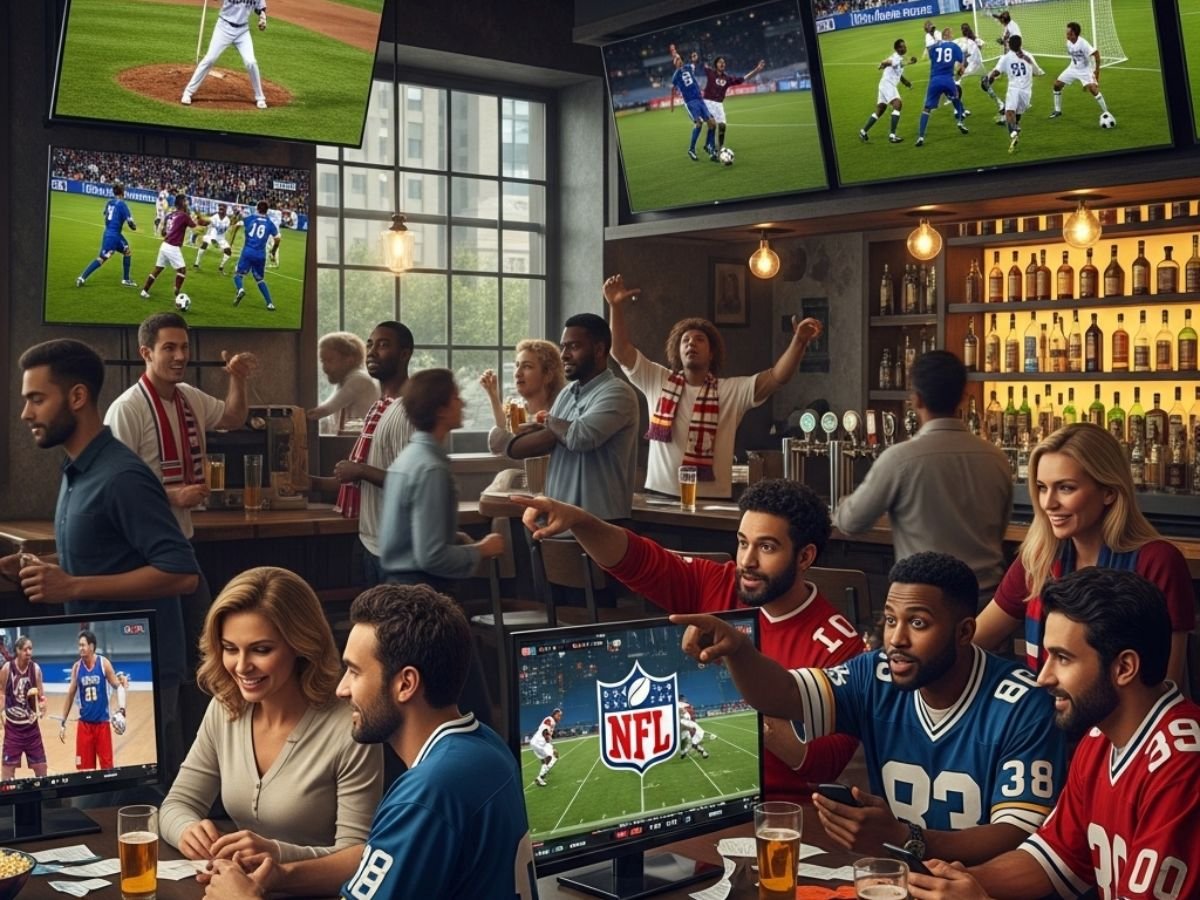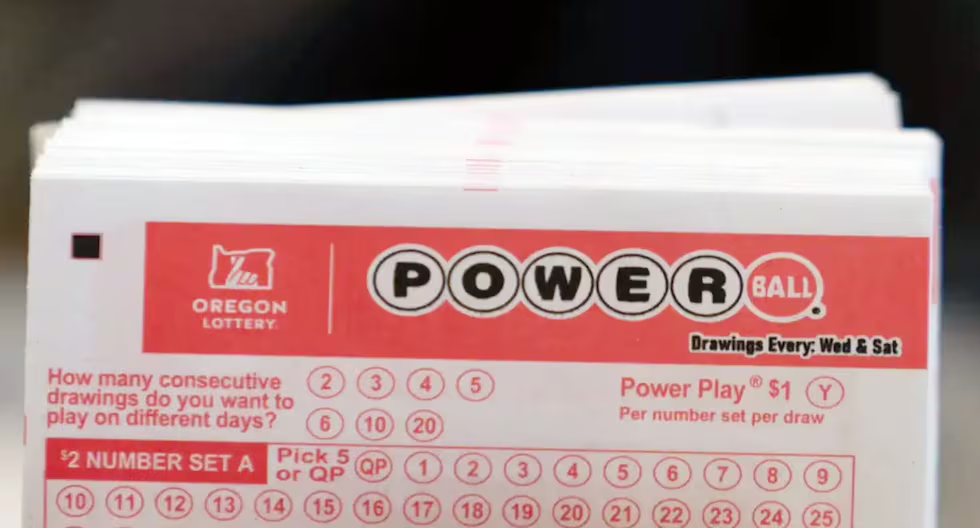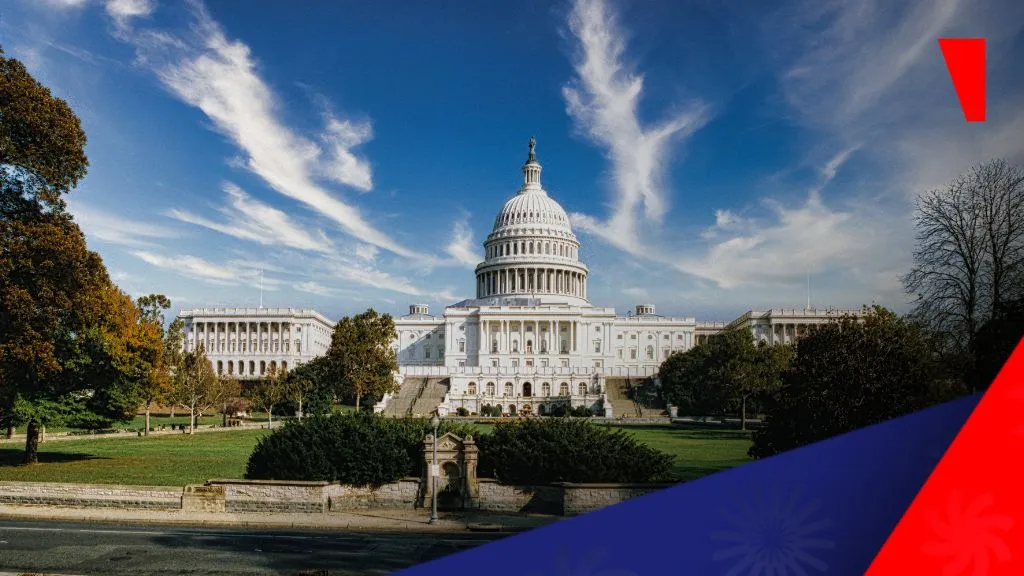Since the Supreme Court overturned the federal ban on sports betting in 2018, the industry has grown into a state-by-state patchwork across the US. While bettors may assume that odds on an NFL game or NBA matchup are the same everywhere, the reality is more complex. Different states regulate sportsbooks differently, and that can influence the odds you see, the promotions you receive, and even the betting markets available to you.
Nowhere is this more evident than in New Jersey, Nevada, and New York, three of the biggest sports betting states in America. Each has its own history, rules, and competitive environment. For bettors, understanding these differences is more than trivia. It can directly affect potential payouts, especially for those who travel between states or line-shop across multiple sportsbooks.
Also Read: How Weather Impacts NFL Betting: Wind, Rain, Snow Explained
This guide breaks down how betting odds differ in New Jersey, Nevada, and New York, and what US bettors should keep in mind when placing wagers.
Why odds can differ across US states
- Regulation: Each state decides which sportsbooks are licensed and how they operate.
- Taxes: Higher tax rates on operators can affect promotions and pricing.
- Market competition: More sportsbooks in a state usually means tighter, bettor-friendly odds.
- Restrictions: Some states ban wagers on local college teams or certain markets.
These factors combine to create subtle but important differences in the betting experience across states.
New Jersey: The pioneer of modern US betting
- Launch: New Jersey led the legal fight that ended PASPA and legalized sports betting in 2018.
- Market: Dozens of online sportsbooks, including FanDuel, DraftKings, BetMGM, and local brands.
- Odds environment: Competitive. With so many operators, New Jersey bettors often get some of the best lines in the country.
- Restrictions: Bettors cannot wager on in-state college teams (e.g., Rutgers) or college games played in New Jersey.
Takeaway: New Jersey’s highly competitive market keeps odds sharp and promos generous, making it one of the best states for line shopping.
Nevada: The original sports betting hub
- Launch: Nevada had legal sports betting long before PASPA was overturned, with Las Vegas as the historic epicenter.
- Market: Heavy presence of retail sportsbooks like Caesars, MGM, and Westgate; online betting requires in-person registration for some operators.
- Odds environment: Odds are generally consistent, but fewer online operators compared to New Jersey means less competition.
- Restrictions: No major restrictions on sports or teams.
Takeaway: Nevada remains a strong market, but its retail-heavy model and fewer online choices mean bettors might not always find the best odds compared to states like New Jersey.
Also Read: Using advanced stats to bet smarter: A guide for US bettors
New York: The newest giant
- Launch: Mobile betting began in January 2022 and quickly turned New York into the biggest sports betting state by handle.
- Market: Fewer sportsbooks than New Jersey, but still includes big players like FanDuel, DraftKings, BetRivers, and Caesars.
- Odds environment: High state tax rate (51%) on sportsbook revenue often limits promotions and can tighten odds.
- Restrictions: No betting on in-state college teams (e.g., Syracuse) or college events hosted in New York.
Takeaway: Despite massive popularity, New York’s high tax environment makes it less bettor-friendly than New Jersey in terms of promos and, at times, odds value.
Which state offers the best value for bettors?
- Best for line shopping: New Jersey, thanks to its highly competitive market.
- Best for traditional experience: Nevada, especially for in-person betting in Las Vegas.
- Biggest market but toughest promos: New York, where high taxes can limit bettor benefits.
For frequent travelers, having sportsbook accounts in multiple states can give you a unique edge. Even slight differences in odds—like -105 in New Jersey vs -110 in New York—can add up significantly over a season.
FAQs
Q1: Do sportsbooks set different odds just because of state borders?
Not exactly. Sportsbooks adjust odds based on competition, taxes, and betting patterns in each state, which can make odds vary across markets.
Q2: Can I use the same sportsbook account in multiple states?
Yes, but functionality differs. For example, a FanDuel account works across states, but odds and promos may change depending on where you log in.
Q3: Why are promos better in New Jersey than New York?
New Jersey has more operators competing for users and lower taxes, which allows sportsbooks to offer more generous bonuses.
Q4: Do state rules affect only odds or also betting markets?
Both. Odds can differ, and markets may be restricted—like no in-state college betting in New Jersey and New York.
Q5: Which state is best for serious bettors?
For value and variety, New Jersey. For the in-person Vegas experience, Nevada. For sheer scale and convenience, New York.








